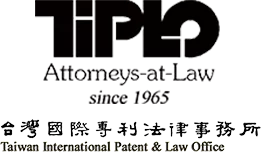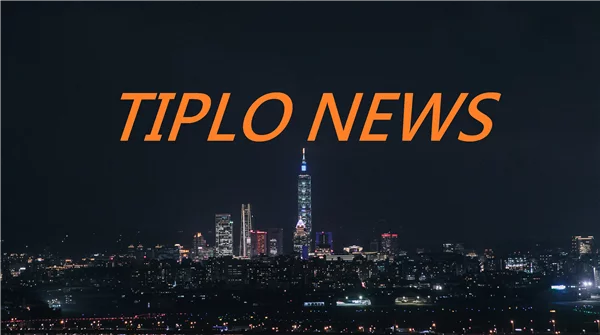Taiwan’s Legislature greenlights amendments to Copyright Act, Trademark Act, Patent Act for a bid to join CPTPP
E220415Y1・E220415Y2 Aug. 2022(E269)
The Legislative Yuan of Taiwan passed the third reading of the amendments to partial provisions of the Copyright Act and Trademark Act and also the amendment to Article 60-1 of the Patent Act on April 15, 2022 to keep Taiwan’s IPR-related laws in line with the standards set out in the Comprehensive and Progressive Agreement for Trans-Pacific Partnership (CPTPP) trade pact for the ultimate purpose of Taiwan’s accession to the CPTPP.
1. Highlights of the amendment to Copyright Act:
(1) Acts of digital piracy, illegal distribution, and illegal public transmission that cause severe infringement will be considered the offense actionable (indictable) without complaint, and “infringement upon works provided with consideration”, “reproduction in original form (100% reproduction)”, and “infringement causing right holder’s damages of at least TWD1 million” are listed as the three conditions for determining and establishing the occurrence of serious infringement.
(2) In view of the facts that optical discs no longer serve as a major form of infringement, the general penalties applicable to the offenses of illegal reproduction and distribution shall govern under the amendment, and hence, the current aggravated penalties for the indictable offenses of reproduction and distribution of pirated optical discs and the corresponding provisions stipulating confiscation by the court or by administrative agency under the current Copyright Act are repealed accordingly.
2. Highlights of the amendment to Trademark Act:
(1) Criminal penalties are added to be applied in cases involving offenses of importation of counterfeiting labels or packaging to which a registered trademark or collective trademark is applied without authorization, and criminal penalties will also apply to preparatory and contributory acts of infringement. Such an amendment will be able to boost trademark holders’ sales and profits and also enhance trademark protection.
(2) According to the current Trademark Act, an infringer will be held civilly and criminally liable for infringement by counterfeiting labels when the infringer is found to commit infringement “knowingly”, which forms the subjective condition and requirement for sustaining the occurrence of infringement. Under the amendment, such a subjective condition is removed, and the infringer’s “intention” or “negligence” will be the subjective conditions for sustaining the infringer’s general civil liability for trademark infringement, while the infringer’s “intention” will be the subjective condition for sustaining the infringer’s criminal penalties.
3. Highlights of the amendment to Patent Act:
(1) Under the patent linkage system that is required by the CPTPP, a dispute resolution mechanism is established for clear possible infringement dispute between the patent holders of new drugs and relevant generic drug makers before the filing of generic drug permit application. As the patent linkage system has been introduced to the Pharmaceutical Affairs Act and implemented since August 20, 2019, relevant amendments to the Patent Act are proposed to stipulate relevant legal grounds for patent holders to file an infringement lawsuit against generic drug makers.
(2) Also to include generic drug makers’ rights under protection, the amendment stipulates that generic drug makers may initiate an action to seek a declaratory judgment confirming non-infringement if patent holders fail to file an infringement lawsuit within a designated time period, which is to ward off any future infringement lawsuit after the marketing of generic drugs. (Released 2022.04.15)
/CCS














